Acrylic Fabrication
Explore comprehensive guides, expert tips, and detailed techniques on custom acrylic fabrication, including cutting, bending, drilling, bonding, and polishing to achieve high-quality acrylic products. Ideal for professionals and DIY enthusiasts alike.
Acrylic Cutting
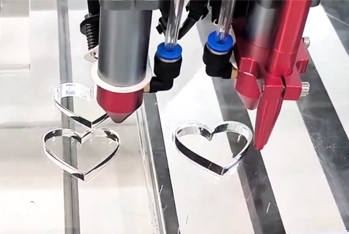
Laser Cutting (CO₂ Laser)
Most precise and clean edge, ideal for intricate designs.
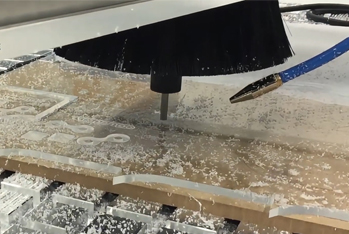
CNC Routing
Good for thicker acrylic and complex 3D shapes.
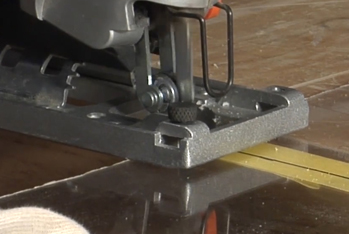
Saw Cutting
Basic straight cuts for larger sheets.
Drilling
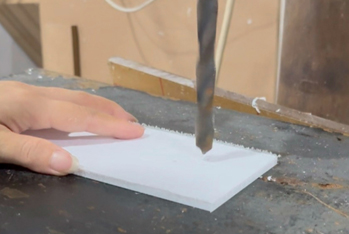
Bench Drill Press
Small to medium batches where accurate hole placement is needed.
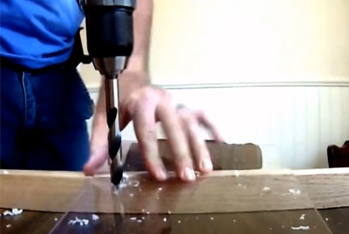
Handheld Electric Drill
Highly flexible and portable. On-site work, prototypes, and low-volume custom jobs.
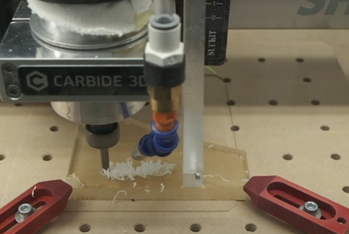
CNC Drilling
Automated, precise, and repeatable. Mass production and complex layouts with consistent hole positions.
Polishing
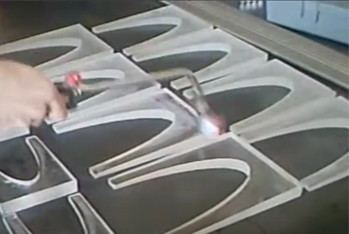
Flame Polishing
Quick and clean finish on edges using a hydrogen flame.
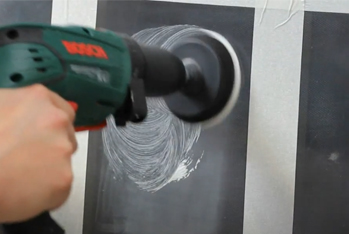
Buffing/Mechanical Polishing
High-gloss finish using a polishing wheel and compound.
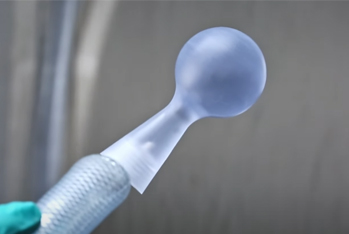
Vapor Polishing
Used for optical clarity, especially in high-end lenses or medical devices.
Bending (Thermoforming)
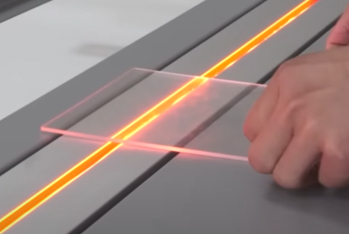
Line Bending
Acrylic is heated along a single line and bent manually.
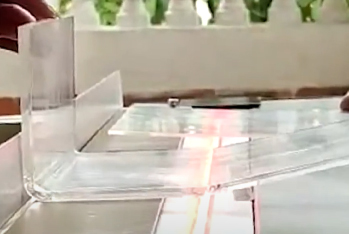
Oven/Form Bending
The entire sheet is softened and molded into 2D/3D shapes.
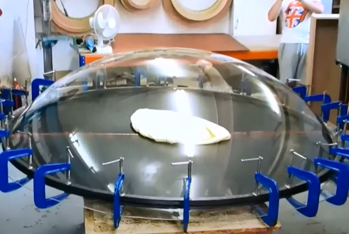
Blow Molding / Drape Forming
Used for rounded or curved surfaces, like helmet visors or display domes.
Bonding (Cementing/Joining)
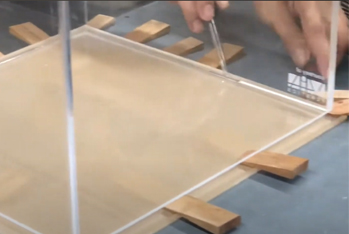
Solvent Cementing
Fuses two pieces chemically with a clean seam.
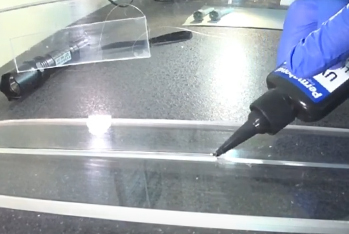
UV Adhesive Bonding
For clear and invisible joints, cured with UV light.
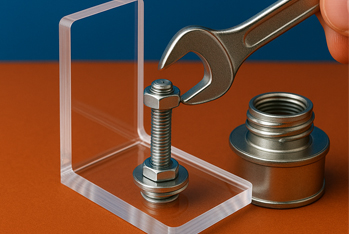
Mechanical Fastening
Screws, bolts—less aesthetic, more for utility.
Surface Finishing & Printing
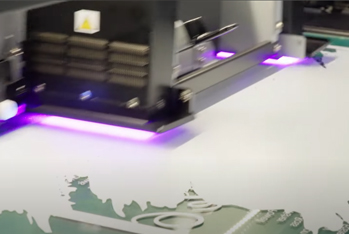
Screen Printing/UV Printing
For logos, patterns, and labels.
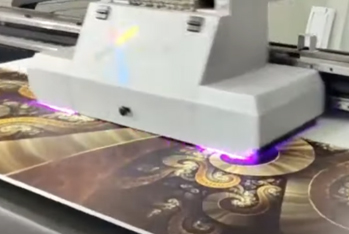
Painting
Requires proper primers and acrylic-compatible paint.
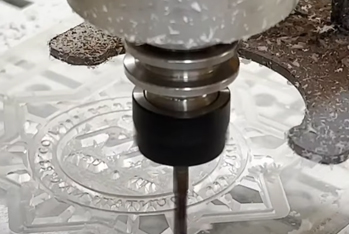
Engraving
Done with laser or rotary tools for decorative/custom text.
Thermoforming
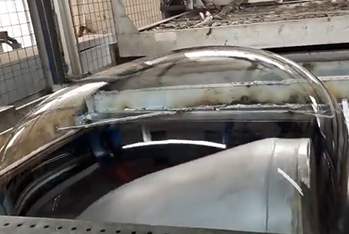
Vacuum Forming
Fast and cost-effective for medium-depth shapes.
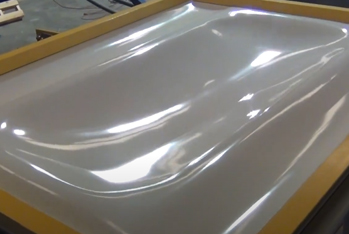
Pressure Forming
Produces sharper details and deeper draws than vacuum forming.
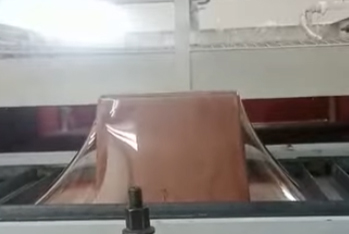
Drape Forming
Often combined with trimming and polishing afterward.
Thread Tapping & Inserts
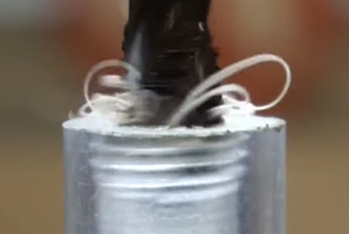
Direct Tapping
Tap slowly and clear chips frequently to avoid cracking.
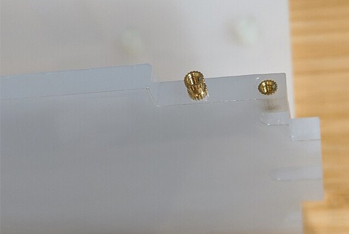
Threaded Metal Inserts
A brass or stainless steel insert is embedded into the acrylic using heat or mechanical pressure.
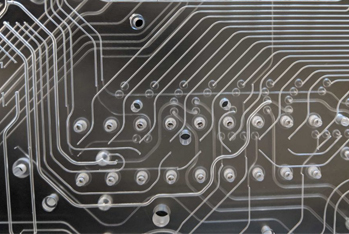
Threaded Inserts
Metal inserts are glued into pre-drilled holes using epoxy adhesive.
Laminating
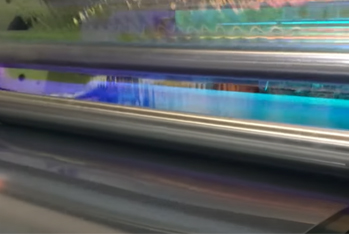
Film Lamination
Applying a colored, frosted, textured, or protective vinyl film onto the acrylic surface using adhesive and a laminator or squeegee.
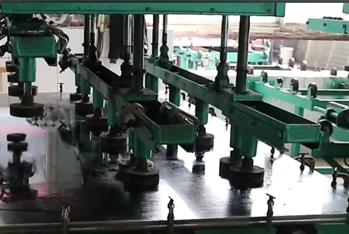
Layer Lamination
Two or more layers of acrylic sheets are bonded together using UV adhesive, solvent cement, or pressure.
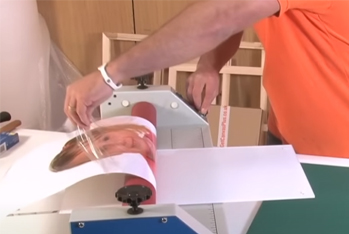
Printed Graphic Lamination
A printed image or logo is sandwiched between two acrylic sheets or printed on a backing layer and laminated with clear acrylic.
Other Resource
Quick FAQs on acrylic finishes & performance: scratch resistance, UV stability, anti-glare, fire rating, recyclability, weather durability, and lifespan.
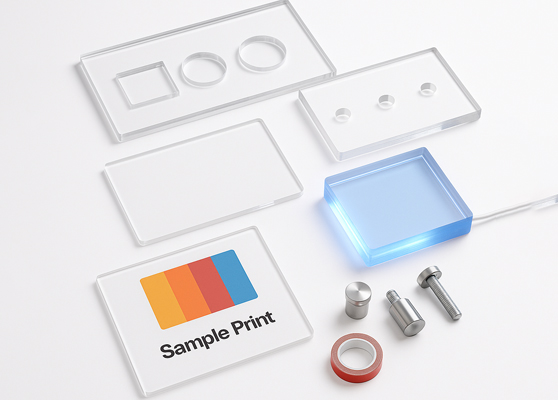
Upload vector art, choose thickness & finish, cut shapes, drill holes, add LEDs, pick hardware.
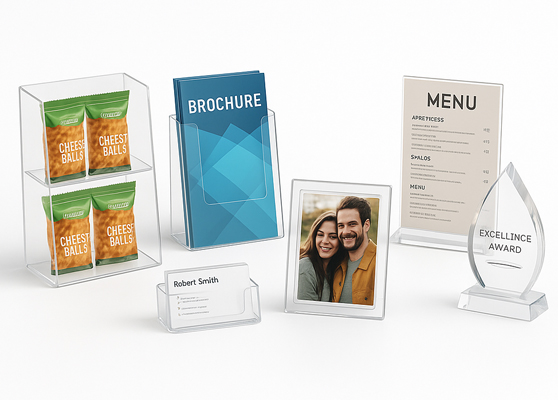
Retail displays, brochure stands, photo frames, menus, awards, and business card holders.


Celebrate client wins with custom acrylic awards highlighting top achievements.
